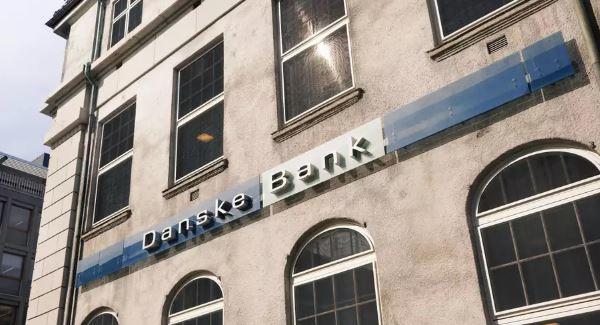Denmark has for decades maintained a reputation as one of Europe’s cleanest and most credit-worthy countries. But that reputation now lies in tatters thanks to the widening scandal involving the country’s largest lender, Danske Bank, and allegations that it blithely aided shadowy criminals from the Soviet Union by helping them launder money through Danske’s branch in Estonia.

An internal audit published Wednesday by Danish law firm Bruun & Hjejle only exacerbated the situation by revealing that the potential for fraud was even larger than authorities initially believed - with a total of $234 billion in transactions now labeled “suspicious” by the bank. Denmark’s government, which is presently investigating the bank along with authorities in Estonia and the US, revealed that the bank is potentially facing as much as 4 billion kroner ($630 million) in fines, according to Bloomberg. That sum is many multiples of Estonia’s GDP.
Danske officials estimated at the time that they had done business with some 6,200 “suspicious” clients between 2007 and 2015, when the bulk of the alleged money laundering occurred.
That would be tantamount to the largest fine ever levied by Danish authorities, which is understandable, since the Danske scandal is one of the largest money laundering cases in European history. Bloomberg Intelligence estimates Danske may have to pay more than 1 billion euros ($1.2 billion) in total.
This could have a serious impact on the bank’s financial health, which could be hugely problematic for Danes because the bank holds one-third of all deposits in the country. Indeed, the scandal could have far-reaching ramifications for the entire Danish financial system and Danish companies as S&P has warned that the case might impact Denmark’s AAA credit score. Germany, Norway, the Netherlands, Switzerland, Sweden, Liechtenstein and Luxembourg also have AAA ratings from S&P in Europe.

